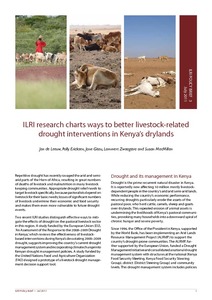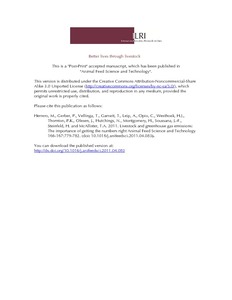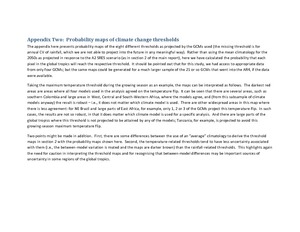The development of key national policies with respect to rainwater management in Ethiopia: A review
Several national economic and sectoral policies and strategies were developed, adopted
and being implemented over the last couple of decades in Ethiopia. These policies and
strategies provide frameworks and guides for economic management in a wide range of
aspects. There are policies that support and lay a good ground for the development and
implementation of RWM interventions. These policies are general like the ones that affect
the agricultural sectoral development and specific ones that are important for water sector,










